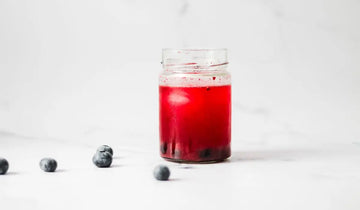There are basically three views on dietary supplementation.
There are those who think that we shouldn't take any supplements since a healthy and complete diet should provide us with all the nutrients we need.
On the other hand, there are those who think that supplementation is capable of solving most problems.
And finally, there are those of us who believe that to improve our health and increase our longevity, we need both: nutrient-rich foods and supplements that help us avoid vitamin and mineral deficiencies that we may have for various reasons, and to optimize our health.
This is especially important when it comes to the immune system. Even if we eat a healthy and varied diet, the modern lifestyle and stress (which we all experience to a greater or lesser extent) pose a challenge to our immune system.
The good news is that science knows more and more about what we can do to Helpfor our immune system to be strong and fit.





